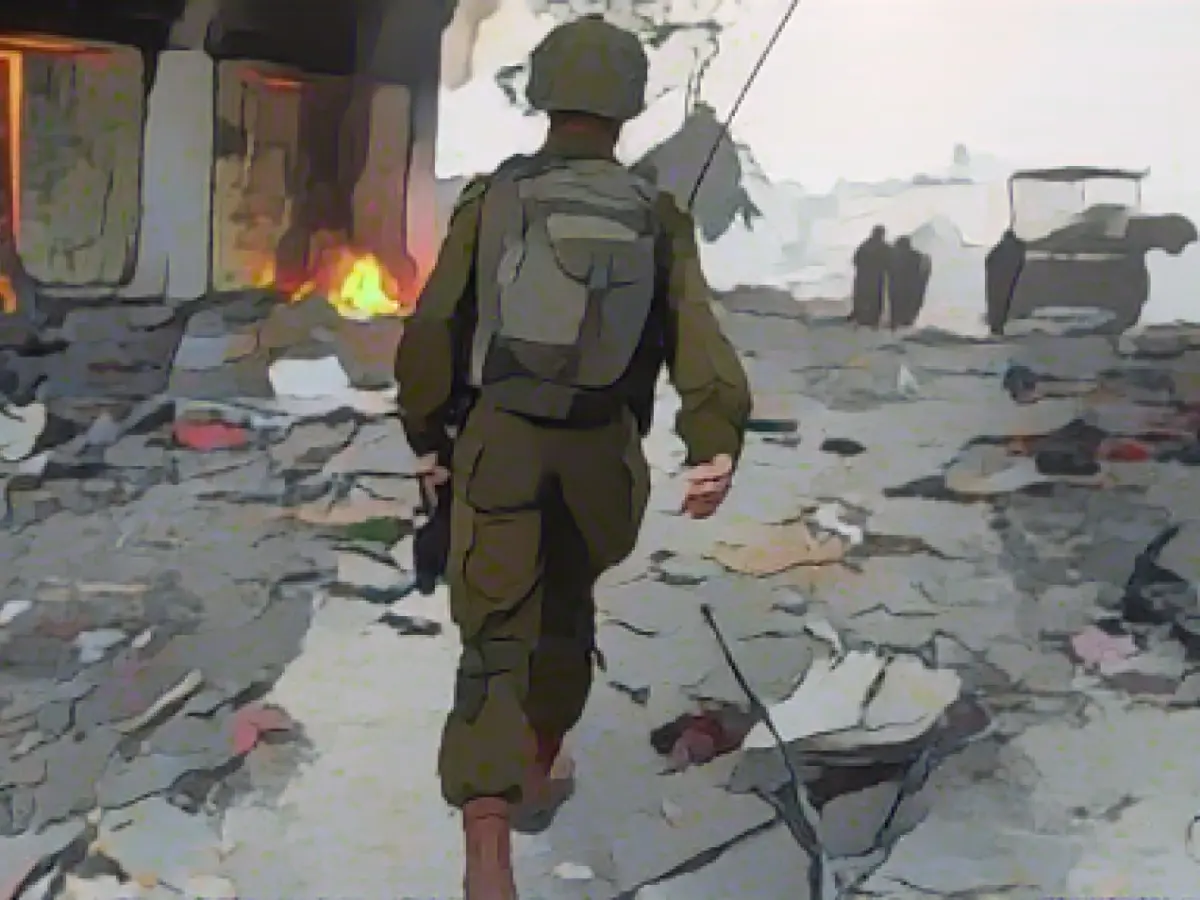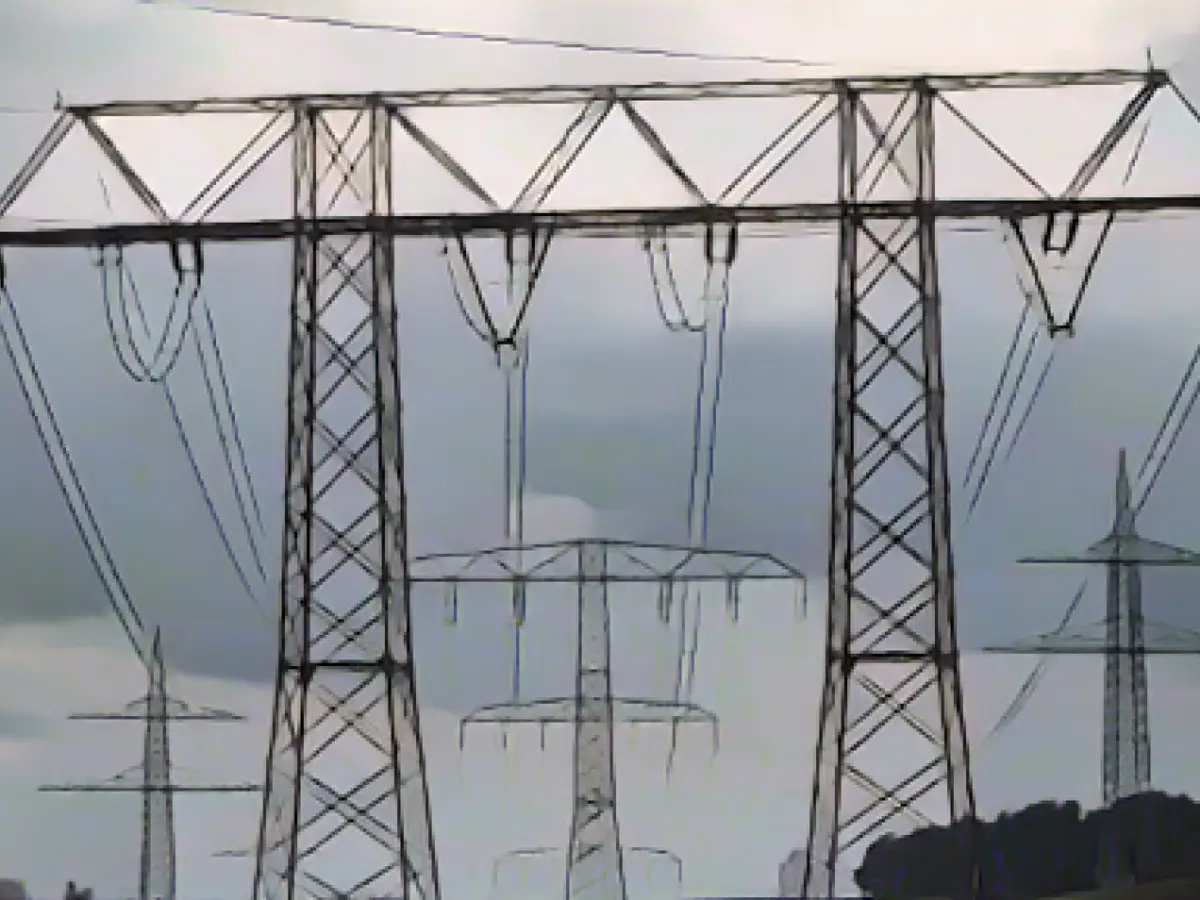Chile's Left-Wing President's Second Constitutional Reform Attempt Fails in Referendum
President Gabriel Boric, a young and progressive leader, announced in advance that his proposed constitutional reform would be his last attempt. The outcome of the recent referendum, held in September 2022, marked a significant blow for Boric, as just under 62% of Chileans voted against a progressive draft text for a new constitution.
This draft included more environmental protection and more rights for the indigenous population. Boric and his supporters argued that the new constitution was necessary to address Chile's long-standing issues, such as inequality and corruption. However, the conservative backlash against the draft was substantial, leading to its outright rejection in the referendum.
The failed referendum on the progressive constitution marks the second attempt by President Boric to initiate a constitutional reform in Chile. The constitution from the era of dictator Augusto Pinochet, who ruled the country with an iron fist from 1973 to 1990, remains in effect.
Implications and Next Steps
The rejection of the proposed constitution in the referendum indicates strong public skepticism and resistance to the progressive, left-leaning changes proposed by the Constitutional Convention. This rejection reflects broader societal concerns about the draft's length, radicalism, and perceived lack of representation of traditional values and interests.[3]
The failure of the constitutional reform process adds to the instability in Chile's governance. President Boric is barred from re-election, and the country is set to hold presidential elections in November 2025. The next government will need to navigate these ongoing challenges and potentially address the constitutional reform issue anew.[4]
Given the deep divisions, there is a need for renewed dialogue and compromise among political parties. This could involve revisiting the constitutional drafting process with a more inclusive approach, incorporating broader societal and economic concerns into the new constitution.[1][3]
The next government might focus on addressing specific issues that were central to the protests, such as pension reform, inequality, and corruption. The recent pension reform aims to address some of these issues but has faced criticism regarding its sustainability and potential economic impacts.[1]
In summary, the failure of President Boric’s constitutional reform attempt has highlighted the need for a more inclusive and pragmatic approach to addressing Chile’s deep-seated social and economic issues. The next steps will likely involve a combination of addressing specific problems, fostering dialogue, and potentially revisiting the constitutional reform process in a more collaborative manner.
Enrichment Insights
The enrichment data provides additional context and insights into the failed constitutional referendum in Chile. Here are some key takeaways:
- Public Rejection: The rejection of the proposed constitution with 62% of the vote against it indicates strong public skepticism and resistance to the progressive, left-leaning changes proposed by the Constitutional Convention.
- Political Divisions: The failed referendum has deepened political divisions within Chile. The progressive coalition led by President Boric faces significant challenges in implementing further reforms, given the strong opposition from the right and center-right parties.
- Economic and Social Concerns: The rejection of the constitution also highlights ongoing economic and social issues in Chile, such as inequality, corruption, and dissatisfaction with the current system.
- Stability and Governance: The failure of the constitutional reform process adds to the instability in Chile's governance. President Boric is barred from re-election, and the country is set to hold presidential elections in November 2025.
- Next Steps: To address Chile's deep-seated challenges, it is crucial to revisit the constitutional drafting process with a more inclusive approach, incorporating broader societal and economic concerns into the new constitution. The next government might also focus on addressing specific issues that were central to the protests.
Related Articles
This will change in December Attacks on ships in the Red Sea: shipping companies avoid important trade route German activists speak out in Dubai on suffering in Israel and the Gaza Strip Despite UN vote: fighting between Israel and Hamas in the Gaza Strip continues







